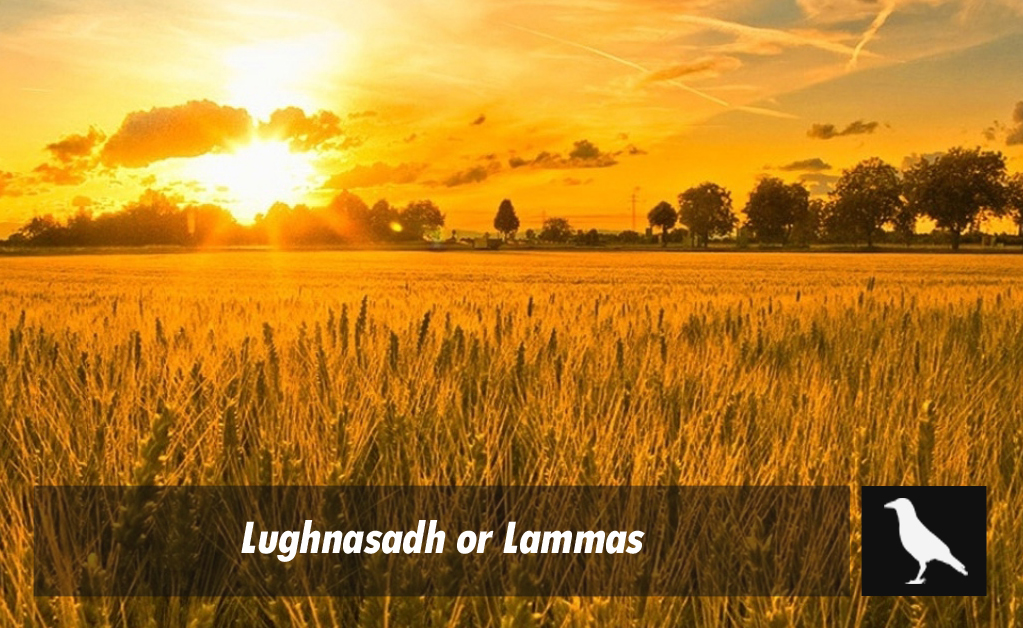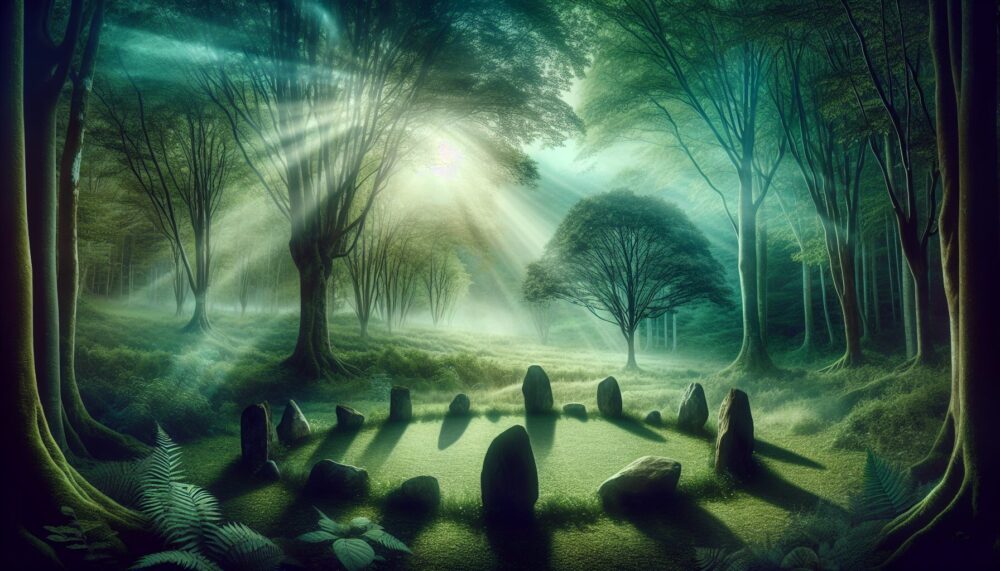Lughnasadh marks the Sabbat for the initial harvest of the year. It signals the onset of August and the approaching hot and dry days. This is the moment to gather what we’ve planted. It is the time to express gratitude for the plentiful food available. Communities come together to celebrate the first harvest of the year. Crops such as grains and fruits are ripe and ready for gathering. As summer draws to a close, plants are beginning to wither and shed their seeds, laying the groundwork for the next season’s growth.
Beyond being a celebration of grain and harvest, Lughnasadh represents a period of transformation, renewal, and fresh starts.
Lughnasadh Mythology
Lughnasadh embodies the cycle of birth, life, death, and regeneration. The grain deity may perish, but he will rise again in the spring. This season also honors the funeral games of Lugh, the Celtic Sun God, which were held in memory of his mother, Tailte.
With the arrival of autumn, the Celtic Sun God begins to age and loses some of his strength. From this moment on, the Sun will rise further south each day. You will begin to notice the lengthening nights and the shortening days.
Lughnasadh or Lammas

The name Lammas, meaning ‘loaf-mass’, was adopted by Christians to refer to Lughnasadh. This term came about because it was a time when freshly baked loaves of bread were placed on the altar and blessed by the Church.
Lughnasadh Rituals
During this period, Pagans pay tribute to Lugh, the Celtic craftsman and protector of artisans and sorcerers. They celebrate various talents and craftsmanship. Numerous craft festivals take place during this period, offering artisans a chance to showcase their work. For something more familiar, think of Renaissance fairs taking place around this time. It’s an excellent opportunity to learn a new skill like pottery or pick up a musical instrument. Whatever you choose to pursue for self-improvement, now is the ideal time to embark on that journey.
Some individuals choose to honor their ancestors during this season. When our ancestors depended heavily on the harvest of grains for survival, missing a harvest could mean disaster. In contrast to today, where a trip to the grocery store suffices if you run out of bread, those times demanded quick action to ensure crops weren’t left in the fields too long. This period should remind you of the fortune we have today, making starvation a remote possibility even if we miss our planting and harvesting.

Whichever rituals you choose to engage in, remember that while the natural world flourishes, it won’t be long before everything fades and comes to an end. Focus on magic that nurtures your home and hearth.
Are you ready for the upcoming Lughnasadh? Who are you remembering in your rituals?
I’d love to hear from you! Please share your insights in the comments section below. 🙂



